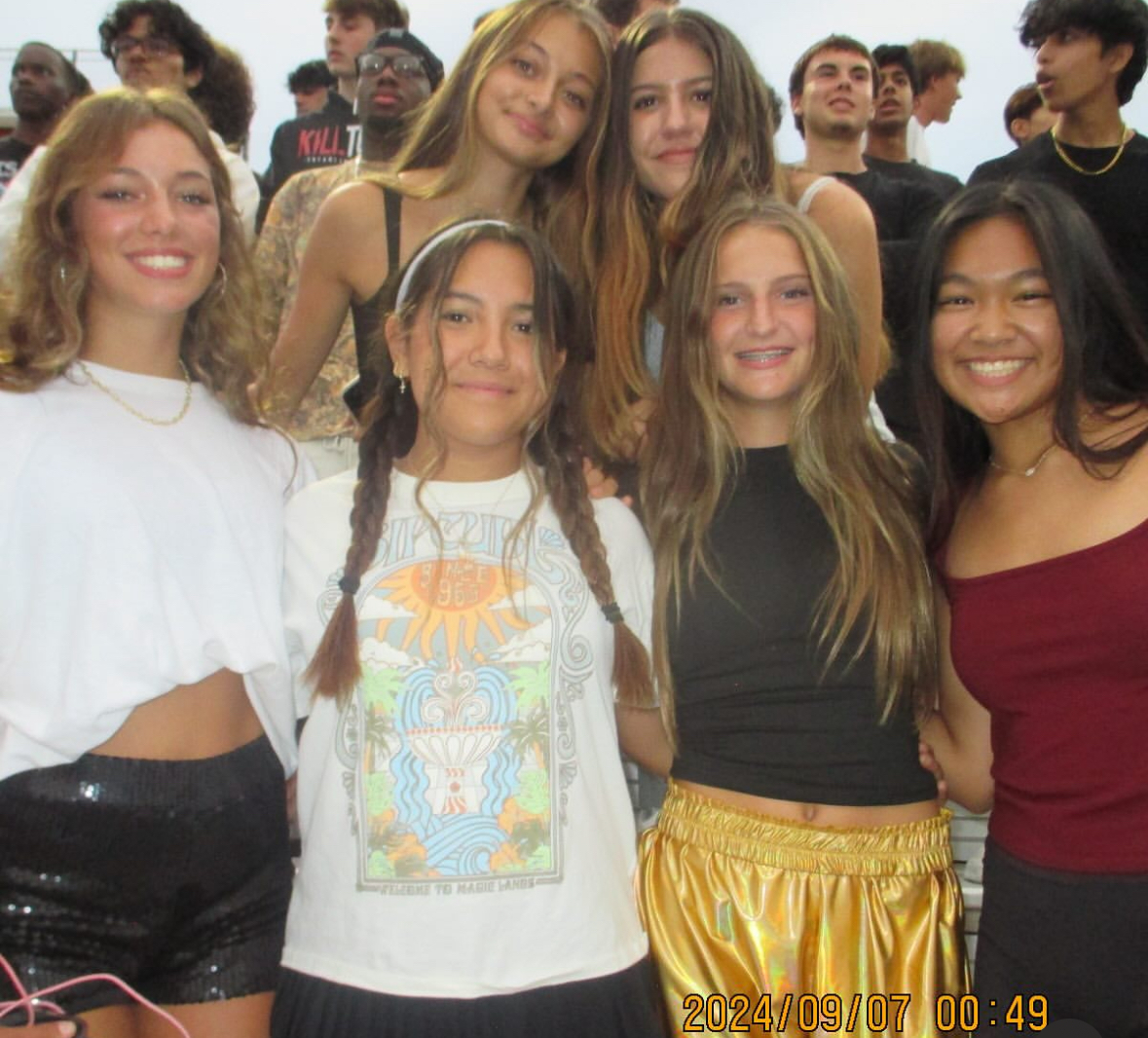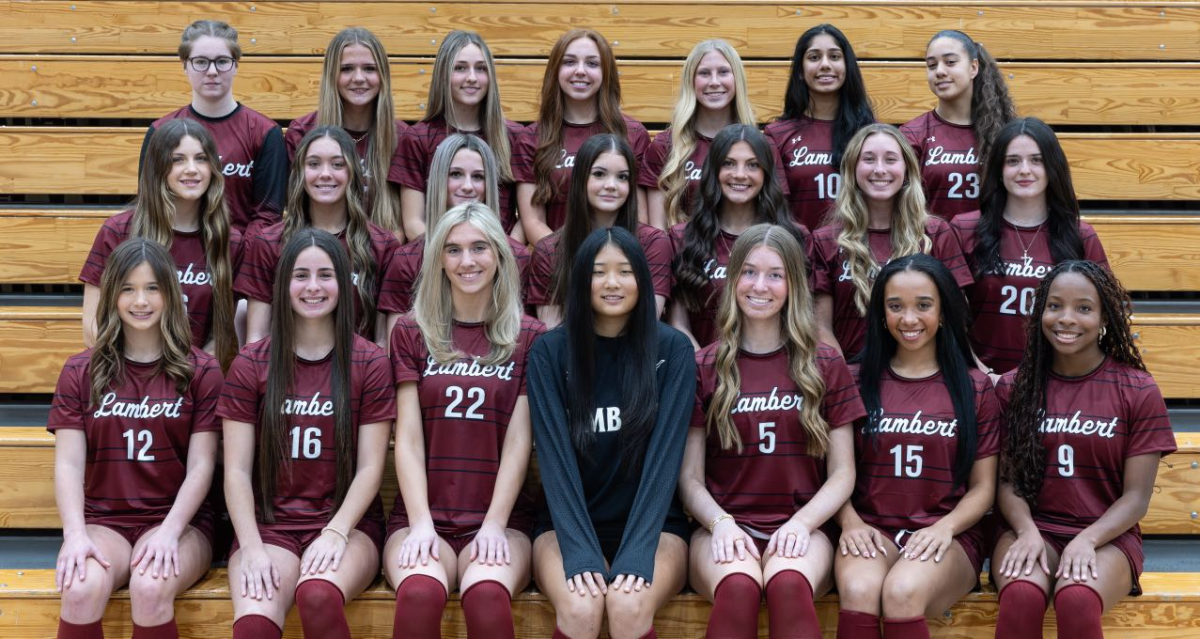Net Neutrality

A computer connecting with other networks.
September 23, 2014
Ever since its creation and subsequent adoption into mainstream culture, the Internet has been an open forum for which converse and the exchange of open ideas and business could be exchanged. In the following years, the Internet will surpass television as many Americans primary source of gathering news and electronic entertainment. It holds behemoth sites like YouTube and Google, as well as countless smaller “dot coms” that can be accessed across your bandwidth in the blink of an eye. It is, perhaps, one of the greatest achievements mankind has ever accomplished, holding the entirety of all knowledge known to us at present. And it may not stay that way forever, which isn’t a particularly good development.
If you haven’t heard of net neutrality, it wouldn’t necessarily be a surprise. For how large of an impact this would have on online culture (not to mention consumer wallets) it has received relatively dismal press coverage. On September 15th proposal reached its deadline. The problem is that there are those who have hopes to divide the Internet into two lanes, appropriately titled “fast” and “slow”. The vote would allow Internet Providers such as Comcast (which merged with Times Warner Bros. earlier this year, effectively providing internet access to two thirds of the United States now) to charge websites and even services, such Netflix or the Playstation Network, to pay an additional fee to ensure consumers can load their browsers earlier. Put simply, if you don’t have the money to pay internet providers, your website will be intentionally slowed down. Large companies, specifically Comcast, argue that certain sites, such as YouTube, Wikipedia, Google, and video game servers, use an exorbitant amount of internet broadband, and that they should pay extra fees to continue to do so. They claim that it is time to turn the Internet into a sustainable business. There are protestors, however, who are in favor of preserving what is called net neutrality, which would reclassify broadband under the Title II common carrier laws that regulate phone services. Part of the genius behind the Internet and the culture that has developed around it is the ability to start something and broadcast your opinion or product unrestricted to any audience with the time and will to listen. Wikipedia (currently the fifth most visited website worldwide) is a nonprofit company, unable to pay the fees that the end of net neutrality would entail. Companies such as Rooster Teeth that were founded and employ countless people through the Internet might cease to exist under the pressure of the monetary benefits they would have to pay for their massive traffic volumes. Not to mention that the need to pay extra fees to various companies would hinder creativity and the entrepreneurial spirit that the Internet fosters. Use the Lambert Post, our newspaper, which recently made the decision to go digital. We may not have been able to make that decision had we been forced to pay hundreds of extra dollars to ensure that people could load our webpage.
In response, there have been over 1.4 million public complaints towards congressmen. Popular websites such as Tumblr, Reddit, and Netflix even hosted “days of actions”, prompting their uses to sign electronic petitions and get in contact with their local representatives. Tumblr, a social networking site, intentionally slowed down posts with pictures and gifs, displaying them, Chairman Tom Wheeler’s Open Internet as loading circles with ads surrounding the web page, in order to display what a world without net neutrality would look like to those who couldn’t afford to pay the additional fees to be in the “fast lane”. If you wish to contact your congressional district representatives, they are Doug Collins and Rob Woodall, depending on what part of the county you live in. You won’t be the first one calling in about this.










